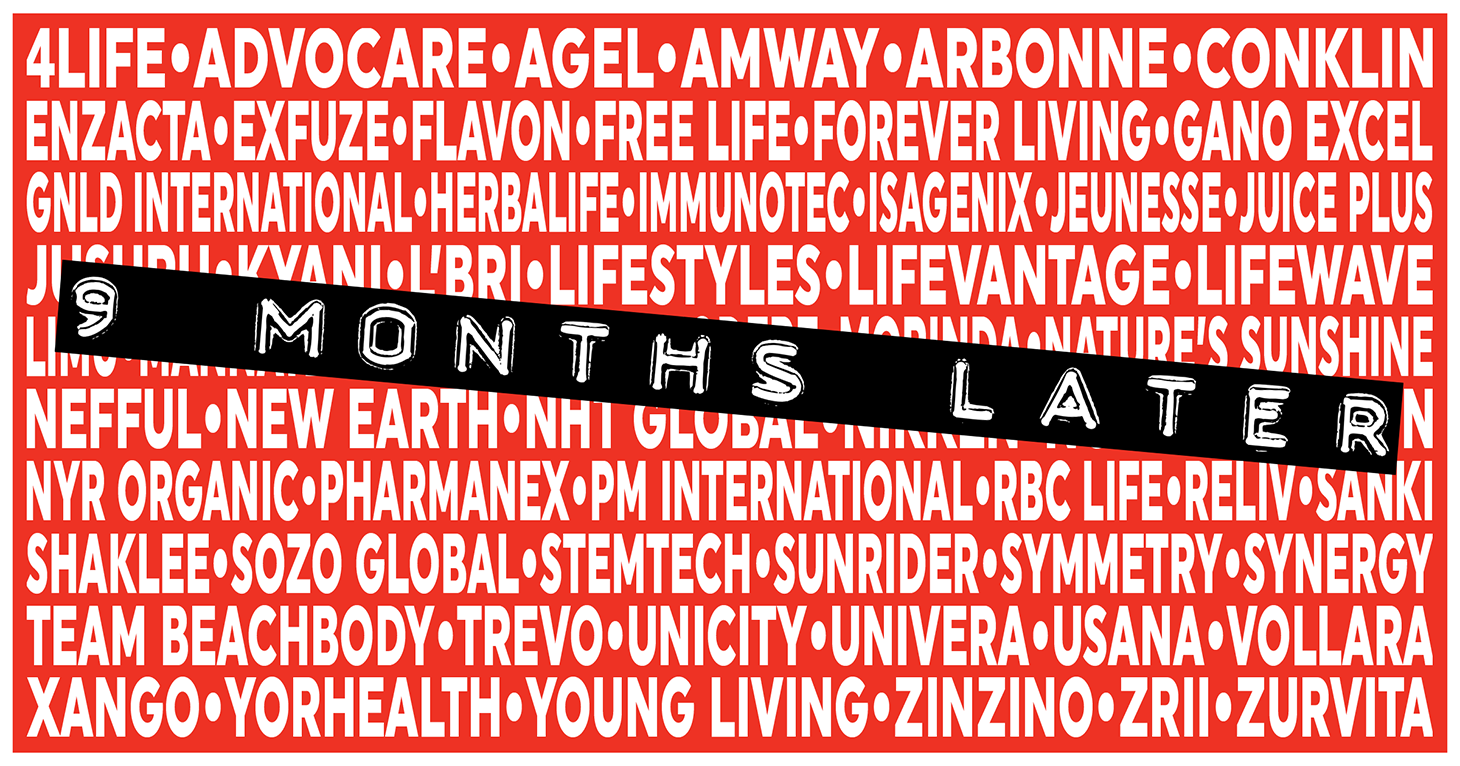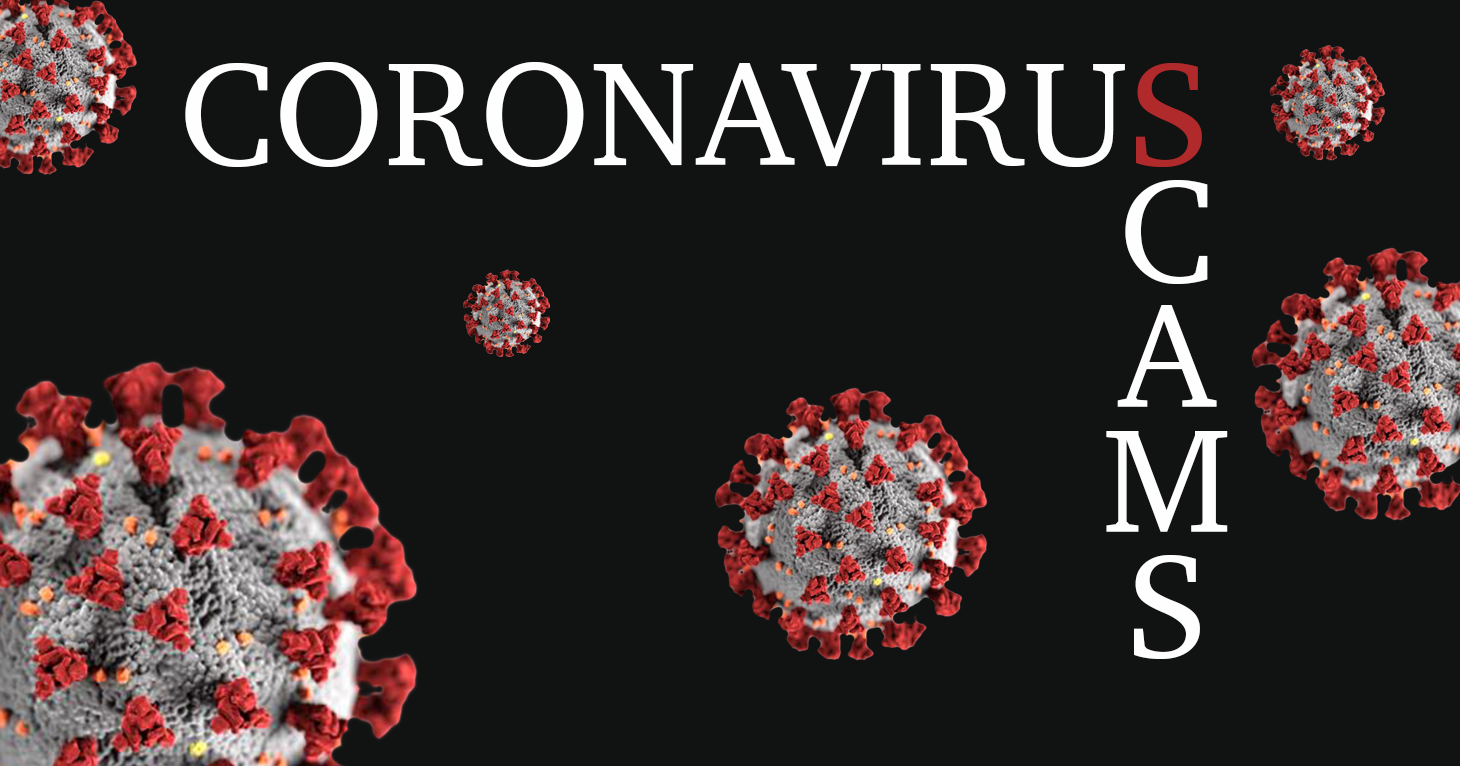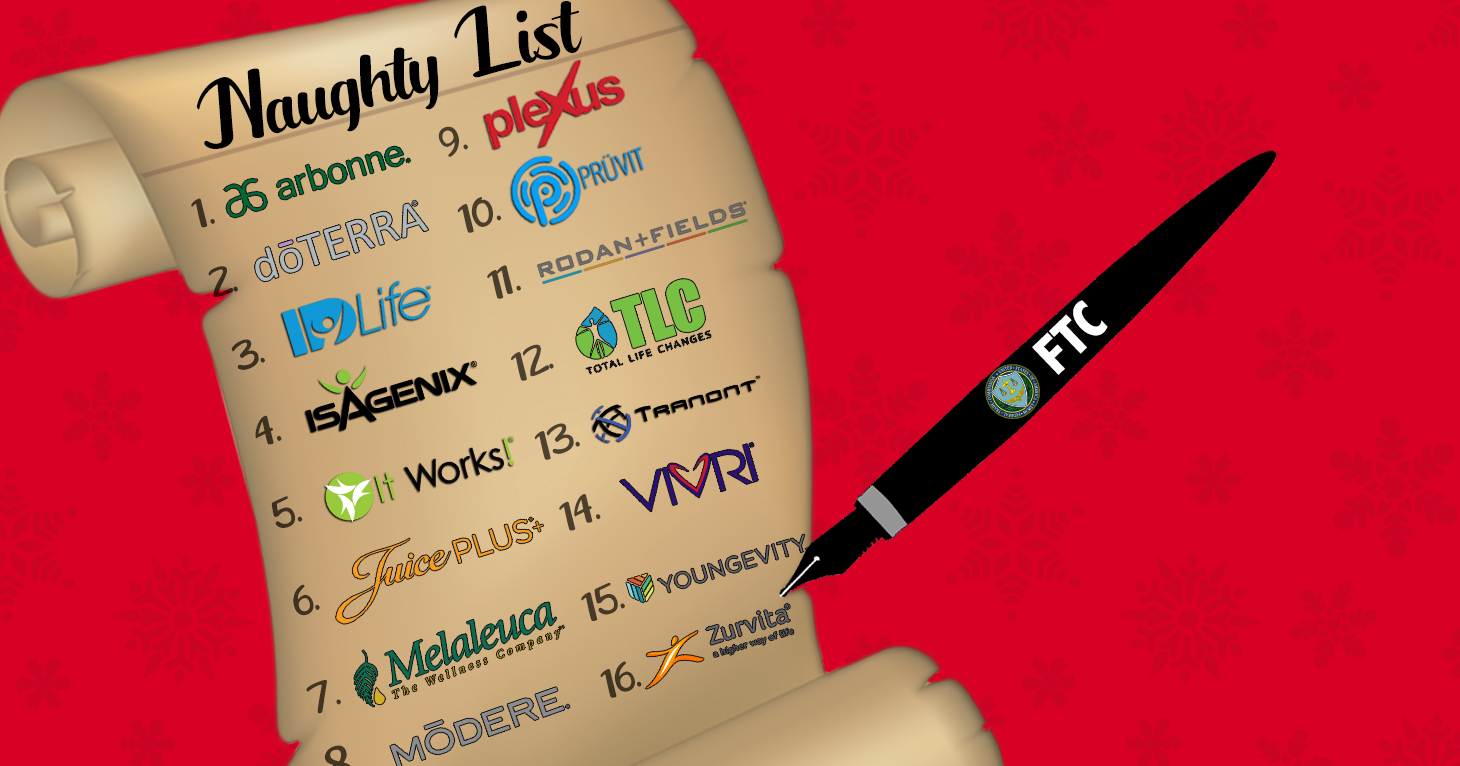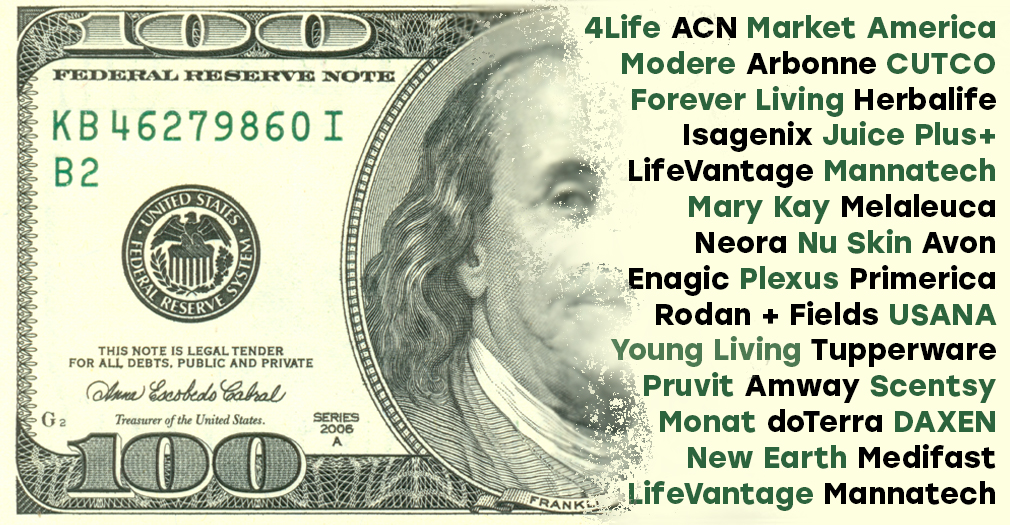
MLMs Continue to Recruit with Deceptive Earnings Claims
TINA.org investigation finds 98% of MLMs using misleading income claims.
More than 1,000 unsubstantiated health claims remain on the internet nine months after TINA.org’s investigation.
|
How long does it take a Multi-Level Marketing – a way of distributing products or services in which the distributors earn income from their own retail sales and from retail sales made by their direct and indirect recruits. company that sells nutritional supplements to take down inappropriate health claims being made by its distributors? For 60 Direct Selling Association (DSA) member companies, the answer for the vast majority is too long.
A TINA.org investigation last November found that 97 percent of DSA member companies selling nutritional supplements had distributors marketing their products with illegal health claims. Nine months later, an audit has revealed that the majority of these companies have failed to take down over half of the claims. This means that out of an aggregate sampling of approximately 2,000 inappropriate health claims, at least 1,000 remain on the internet, available for distributors to (mis)use to market their wares and sell the business opportunity.
The audit further revealed that
What do the MLMs have to say for themselves?
TINA.org sent letters to the 60 MLMs featured in the health claims investigation in November 2016 asking that each company take immediate action to remove all unsubstantiated health claims, as well as ensure that no future misrepresentations occur. While a little over half of the companies responded to the letter, there was not a direct correlation between response rate and affirmative action taken.
Most of the responses TINA.org received pointed out that the company was committed to abiding by the law and that the health claims were being made by their distributors (not the company). Responses also catalogued the steps the company takes to ferret out inappropriate health claims and outlined the steps they were taking to address the sampling of health claims identified by TINA.org.
There were a few companies, however, that took a different approach. Herbalife, for example, sent a letter that basically said nothing. Conversely, an attorney representing another MLM commended TINA.org’s work, writing:
 Then there were a handful of responses that were of concern. Flavon, for example, asserted that:
Then there were a handful of responses that were of concern. Flavon, for example, asserted that:

However, one need look no further than the FTC’s prosecution of Vemma Nutrition Company to know that evidence obtained from the internet by TINA.org can in fact form the basis for a legal claim. Similarly concerning was the response from a L’Bri representative, who wrote:
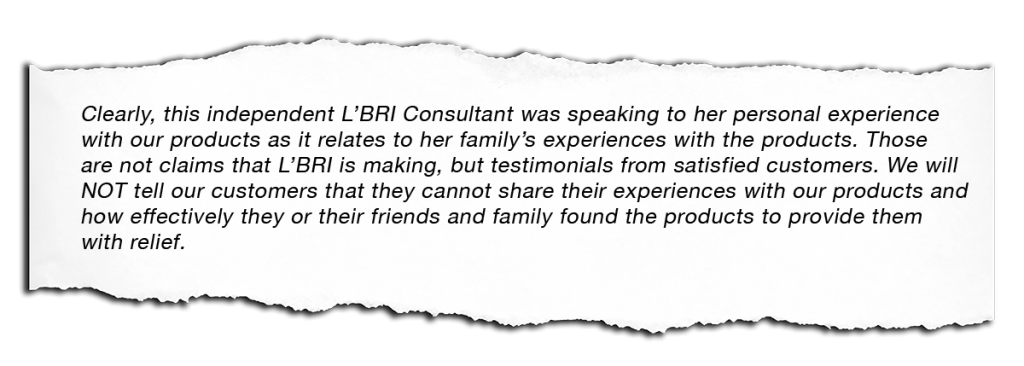 Contrary to L’Bri’s position, FTC law states that a company and its distributors cannot make a representation that any food, drug, or dietary supplement is effective in the diagnosis, cure, mitigation, treatment, or prevention of any disease unless the company can support such a claim with competent and reliable scientific evidence.
Contrary to L’Bri’s position, FTC law states that a company and its distributors cannot make a representation that any food, drug, or dietary supplement is effective in the diagnosis, cure, mitigation, treatment, or prevention of any disease unless the company can support such a claim with competent and reliable scientific evidence.
Here’s another response TINA.org received – this one from an attorney representing a Youngevity distributor, who seemed similarly unfamiliar with the legal requirements of distributor testimonials:
In interpreting the FTC guidelines on testimonials, federal courts have clearly stated:
[w]hen an advertisement contains a testimonial reflecting the experience of an individual with a product, there is an implicit representation that such experience reflects the typical or ordinary results anyone may anticipate from use of the product.
The examples above demonstrate that some in the DSA simply do not understand the legal implications of using unsubstantiated health testimonials in their marketing.
So where’s the DSA?
In response to TINA.org’s health claims investigation last November, DSA president Joe Mariano stated, among other things, that:
Beginning in 2017, 100 percent of DSA member companies will undergo a mandatory ethics review to ensure compliance with our Code of Ethics, including in the areas of income and product claims.
To date, however, TINA.org is not aware of any public action taken against any DSA member company for even the most flagrant violations of the DSA Code of Ethics.
By way of example, the DSA is well aware that member company Nerium International is making inappropriate health and income claims directly and through its distributors. In fact, TINA.org has amassed more than 450 examples (health, income) of deceptive and misleading marketing claims being made by Nerium and its distributors.
So what was the DSA’s response to Nerium’s ethical (and legal) violations? It honored the company at its 2017 convention and then publicized the fact on Twitter – retweeting a Nerium post:
So while the DSA may talk a good game when it comes to ethics, in reality, it is more than willing to “honor” as “among the best in the industry” a company that makes a mockery of the DSA Code of Ethics. And in so doing, the DSA ethical code is rendered utterly meaningless.
Read more about TINA.org’s investigation last fall here.
Update 9/5/17: TINA.org sent a complaint letter to the DSA Code of Ethics Administrator notifying him of the troubling audit results.
TINA.org investigation finds 98% of MLMs using misleading income claims.
A master list of known and alleged scams.
Deceptive health and income claims, including some tied to COVID-19, persist in wake of warning from the feds.
